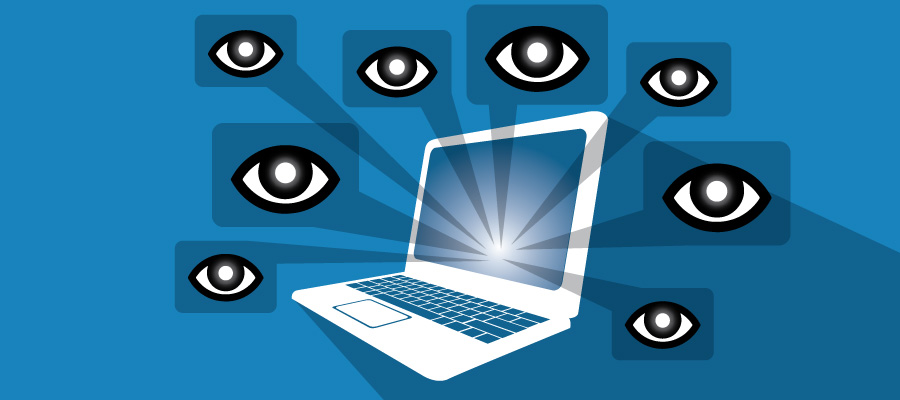Smart TVs have transformed the way we consume entertainment, offering internet connectivity, streaming services, and even voice control. However, behind these modern conveniences lies a hidden reality—smart TVs are actively collecting vast amounts of data about their users. From viewing habits to voice commands, these devices gather information that can be shared with advertisers, third parties, and even tech giants. This raises important privacy concerns, making it essential for users to understand how their data is being collected, who has access to it, and what can be done to protect their personal information.
How Smart TVs Collect Data
Modern smart TVs are equipped with various technologies that enable them to track and collect user data. The most common methods include:
- Automatic Content Recognition (ACR): ACR technology identifies what you are watching in real time, whether it’s live TV, streaming content, or even content played via external devices. This data is then used for targeted advertising and content recommendations.
- Voice Recognition and Smart Assistants: Many smart TVs integrate with voice assistants like Google Assistant, Alexa, or Bixby. These systems record voice commands, sometimes storing them on company servers for analysis and improvement.
- Usage and Interaction Tracking: Manufacturers collect data on how users interact with their TVs, including app usage, search queries, and time spent on specific content.
- IP Address and Device Linking: By tracking IP addresses, companies can link smart TVs to other devices in a household, building a more complete consumer profile.

Who Benefits from Smart TV Data Collection?
The data gathered by smart TVs is a valuable asset for various entities:
- Advertising Companies: Advertisers use smart TV data to create highly targeted ad campaigns based on user preferences.
- Streaming Services: Platforms like Netflix and Hulu utilize viewing history to refine recommendations and improve user experience.
- Tech Companies: Companies use this data for research, artificial intelligence training, and service enhancements.
- Third-Party Data Brokers: In some cases, smart TV data is sold to third-party companies that aggregate consumer insights for resale.
Privacy Risks and Concerns
While smart TV data collection offers benefits like personalized recommendations, it also presents several privacy risks:
- Surveillance and Eavesdropping: Voice recognition features can potentially record private conversations, raising concerns about unauthorized eavesdropping.
- Data Breaches: Smart TVs, like other internet-connected devices, are vulnerable to hacking, which could expose personal data.
- Lack of Transparency: Many users are unaware of the extent of data collection and how their information is shared.

How to Protect Your Privacy
To minimize privacy risks associated with smart TVs, consider the following measures:
- Adjust Privacy Settings: Navigate to the settings menu and disable ACR, voice recognition, and any data-sharing options.
- Use a VPN for Streaming: A Virtual Private Network (VPN) can mask your IP address, making it harder for advertisers to track your activities. Learn more about VPNs and privacy.
- Limit Internet Connectivity: If you primarily use your smart TV for offline content, consider disconnecting it from Wi-Fi when not in use.
- Regularly Update Firmware: Keeping your smart TV software updated helps protect against security vulnerabilities. Check your TV manufacturer’s support page for the latest updates.
- Review App Permissions: Be cautious when installing new apps and review their privacy policies to understand what data they collect. Read more about data privacy.

The Future of Smart TV Data Collection
As artificial intelligence and machine learning advance, smart TVs will likely become even more sophisticated in gathering user data. Governments and privacy advocates are pushing for stricter regulations to give consumers greater control over their personal information. Until such measures are widely implemented, users must remain vigilant and proactive in safeguarding their privacy.
Conclusion
Smart TVs offer incredible convenience, but they also come with significant privacy risks. By understanding how data collection works and taking appropriate precautions, users can enjoy their entertainment while minimizing exposure to intrusive tracking. As technology evolves, staying informed about data privacy will be crucial in maintaining control over personal information.
